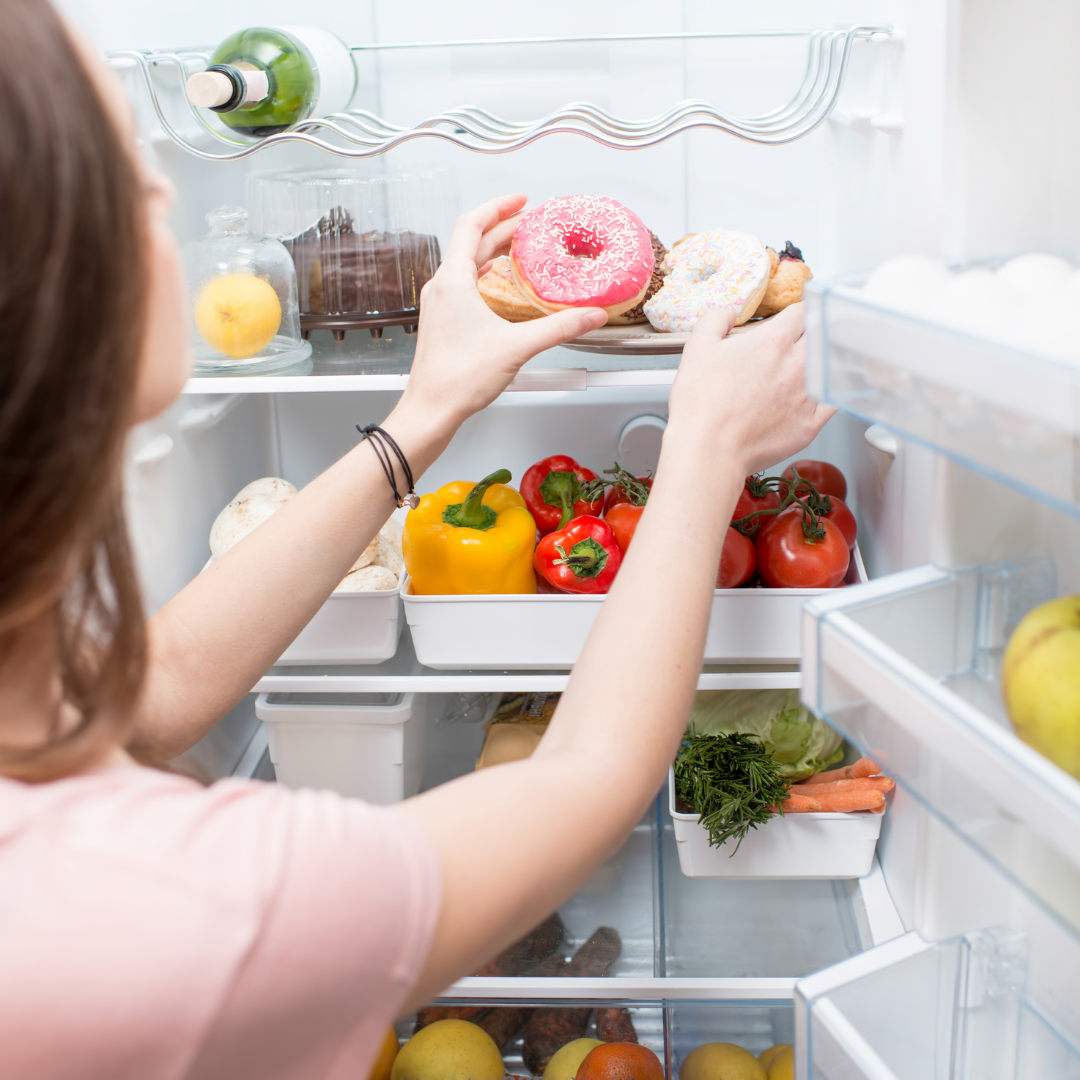A Guide on How to Refrigerate Food to Keep It Fresh
Have you ever gone to the store, bought a ton of food, and then come home only to find out that it has gone bad before you had a chance to eat it? We have all been there. But what if I told you that there is a way to keep your food fresher for longer? Refrigeration is one of the most effective ways of keeping food fresh.
In this guide, we will explore the basics of refrigeration and how it can help extend the life of your food. From proper storage tips to best practices for cooling down meals quickly, this guide has something for everyone.
Why Should You Refrigerate Food?
There are a few key reasons why you should always refrigerate food to keep it fresh. First, refrigeration slows down the growth of bacteria. Bacteria can cause food-borne illness, so it’s important to keep them at bay. Second, refrigeration helps preserve the nutrients in food.
When food is stored at warm temperatures, the nutrients can start to break down. Refrigeration slows this process, ensuring that your food retains its nutritional value. Finally, refrigeration prevents spoilage by slowing down the chemical reactions that cause food to go bad. When food is properly stored in the fridge, it will last longer and taste fresher.
How to Properly Refrigerate Food
To keep your food fresh, it is important to properly refrigerate it. This means keeping it at a temperature below 40 degrees Fahrenheit. Below are some tips on how to properly refrigerate food:
1. Keep the refrigerator clean. A dirty fridge can lead to cross-contamination of food, which can make you sick.
2. Wrap meat and poultry tightly. These items should be wrapped in plastic wrap or placed in airtight containers before being placed in the fridge.
3. Pack leftovers into smaller containers. This will help them cool down faster and prevent them from going bad.
4. Never put hot food directly into the fridge. Let it cool down first so that it doesn’t raise the temperature of the fridge, which can spoil other food.
5. Check the expiration dates on all perishable items and throw out anything that is past its due date.
6. Store food away from the door. The temperature near the door can fluctuate more than in other areas of the fridge, so it’s best to store food away from it.
Even if you do everything right, food can still spoil, often because the refrigerator doesn’t keep a consistent temperature. If that happens, it’s a good idea to have a specialist who offers Services in Harbourne or nearby check your appliance. They can fix any issues it might have, helping to keep your food fresh for longer.
What Are the Consequences of Not Refrigerating Food?
If you choose not to refrigerate your food, you run the risk of the food going bad and making you sick. Here are some specific consequences of not refrigerating food:
- Bacteria will grow exponentially on meat, poultry, seafood, and dairy products if they are not kept cool.
- Vegetables will also spoil quickly if not kept in a cool environment.
- Leaving food out of the fridge for too long can cause it to lose its flavour or texture.
- Certain foods, like eggs and potatoes, can release toxins when left out of the fridge for too long.
Ultimately, it is up to you whether or not to refrigerate your food. However, if you value your health and want your food to taste good, it is best to err on the side of caution and keep everything in the fridge.
Foods That Don’t Need to Be Refrigerated
Several foods don’t need to be refrigerated to stay fresh. These include:
1. Fruits and vegetables: most fruits and vegetables can be stored at room temperature, although some (like bananas and tomatoes) will last longer if refrigerated.
2. Bread: Bread can be stored at room temperature for a few days or frozen for longer preservation. If you have Kraftmaid cabinets, you can store this food item in them, provided you clean the cabinets regularly. For guidance on cleaning Kraftmaid cabinets effectively, explore online resources to gain a deeper understanding of the process.
3. Canned goods: canned goods can be stored at room temperature, although they may lose some flavor over time.
4. Dried goods: dried goods such as rice, pasta, and beans can be stored at room temperature in an airtight container.
Refrigerating food is a simple and effective way of keeping it fresh. We hope this guide has given you the information you need to know about how to safely store your food in the fridge.
With proper storage, your food will stay fresher for longer so that you can enjoy all its flavours and nutritional benefits. Remember to always check the label on your food packaging as well as follow our tips for successful refrigeration, and soon enough you’ll be eating delicious meals every day!

